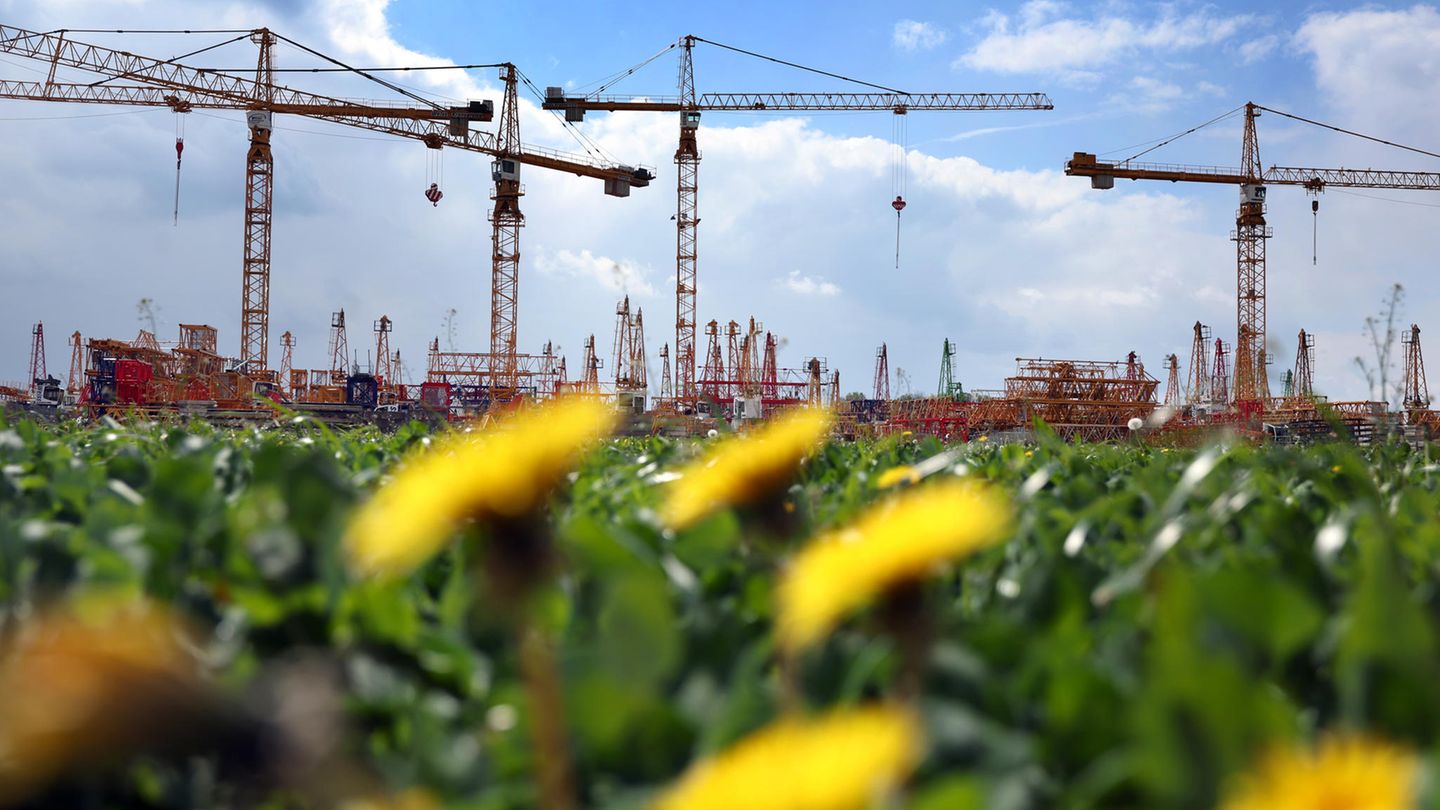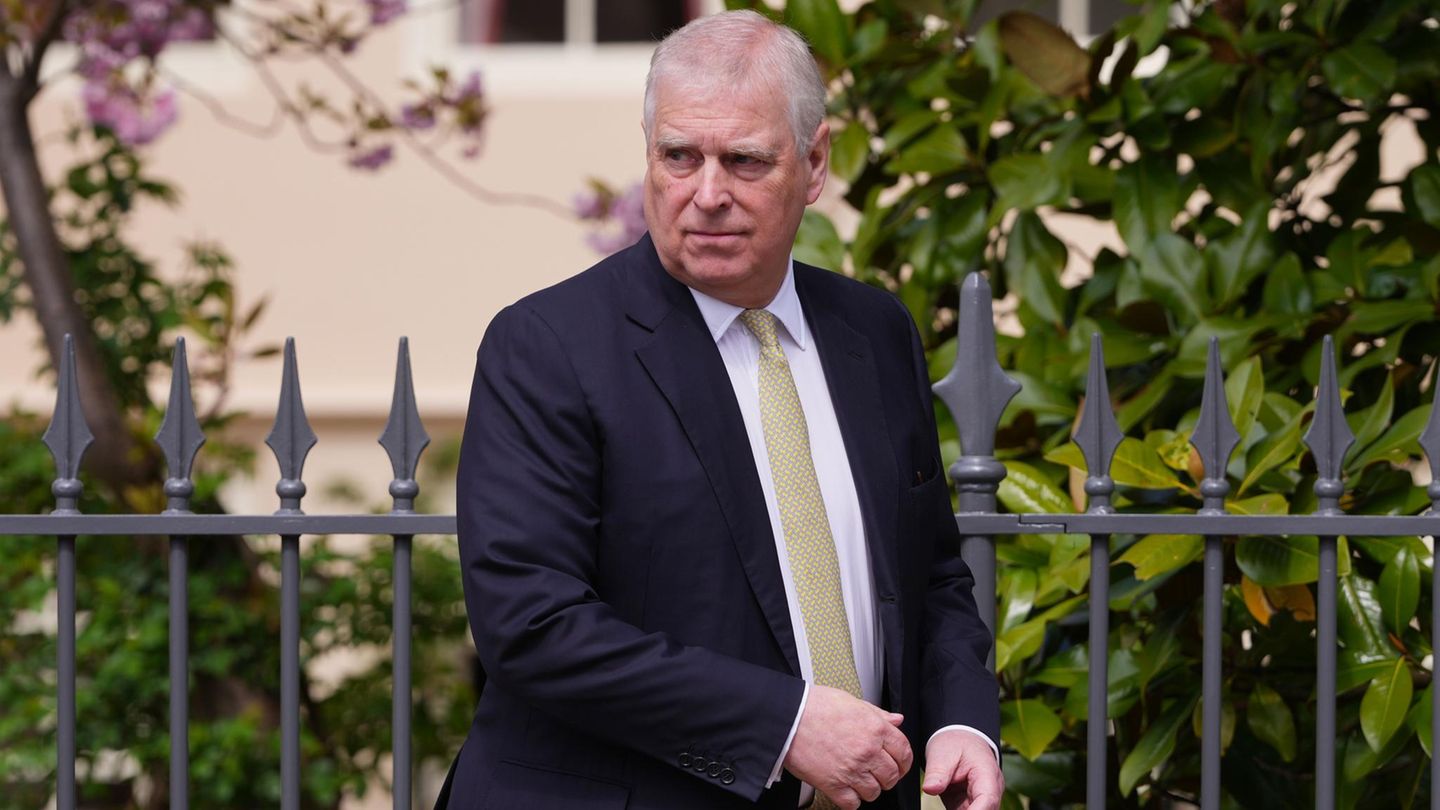After a failed arbitration and two and a half weeks of warning strikes, the collective bargaining partners in the construction industry have finally reached an agreement. The end result is a long-term compromise.
There is a collective bargaining solution for the approximately 930,000 employees in the German construction industry. In the third week of the warning strike, IG BAU and employers agreed on a joint proposal with a three-year term, as they announced jointly on Wednesday. The proposal is to be discussed in the committees until June 14. Until then, industrial action will be suspended.
At the end of the three-year period, salaries in the eastern and western tariff areas are to be fully aligned. In the first stage, all monthly salaries will rise by a flat rate of 230 euros, as well as by 1.2 percent in the west and 2.2 percent in the east. The second stage, effective April 1 next year, will see wages rise by 4.2 percent in the west and 5.0 percent in the east. One year later, wages in the west will rise by 3.9 percent and those in the east will rise completely to the western level.
Construction workers have “strike for the result”
The head of IG Bauen Agrar Umwelt, Robert Feiger, viewed the agreement as a success of the warning strikes. “This result is higher in volume than the arbitration award, which is what we have always demanded. It was the construction workers who struck for this result.” He will recommend that the union committees accept it.
The employers had rejected the arbitration ruling. Chief negotiator Uwe Nostitz was pleased that the wage dispute could now end peacefully. “The sooner our companies and their employees can concentrate on building again, the better for the entire industry.” The Vice President of the German Construction Industry Association, Jutta Beeke, emphasized the three-year term. This creates planning security in a tense order situation.
City ranking
Living, housing, working: These 10 cities are developing particularly well
At the beginning of May, the contractually agreed collective bargaining agreement fell through. After three unsuccessful rounds of negotiations, the arbitrator Rainer Schlegel proposed two-stage wage increases on April 19. First, wages were to rise by a flat rate of 250 euros in May, and eleven months later by another 4.15 percent in the west and 4.95 percent in the east. While IG BAU accepted the compromise proposal, the employers’ associations rejected it at the beginning of May. IG BAU then called for warning strikes and went on strike again for its original demand for 500 euros more per month.
Source: Stern




